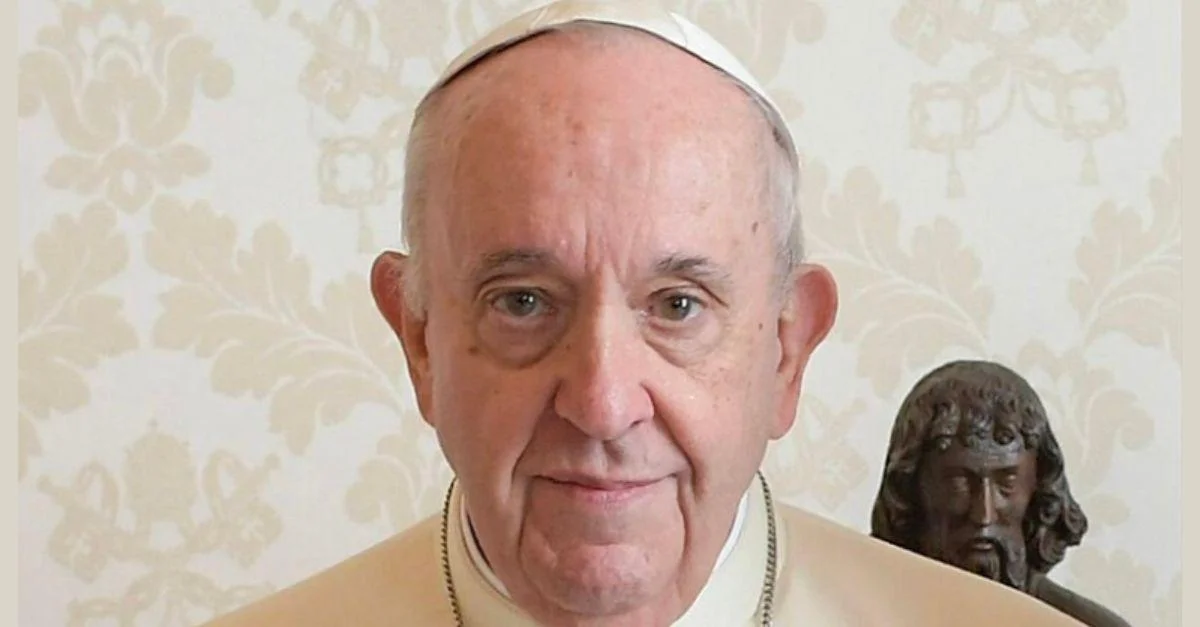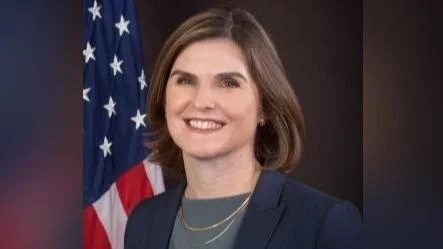The Catholic Church is currently experiencing a period of transition following the death of Pope Francis. Cardinal Baldassare Reina, the papal vicar of Rome, addressed attendees during a Mass on April 28, which was the third day of the "novendiali," or nine days of mourning for the late pope. Thousands gathered at St. Peter’s Basilica for the event, including over 180 cardinals. The cardinals are in Rome to conduct private meetings in preparation for the conclave commencing on May 7, during which a new pope will be elected.
Reina highlighted the current state of the church and humanity, both in search of leadership amidst challenges. During his homily, he said, “With the death of Pope Francis, leader of the universal church, men and women today are ‘orphans of a word that guides amid siren songs that flatter the instincts of self-redemption, that breaks loneliness, gathers the marginalized, that does not give in to bullying, and has the courage not to bend the Gospel to the tragic compromises of fear, to complicity with worldly mindsets, to alliances that are blind and deaf to the signs of the Holy Spirit.’”
Cardinal Reina emphasized the diocese of Rome’s historic responsibility as the home of the church's leader. He noted that the global Catholic community is currently without its shepherd and likened humanity to “sheep without a shepherd.” He spoke about Jesus as a guide whose teachings, shared by his disciples, require deep conversion and actionable faith.
"This service is ‘necessary to awaken faith, to arouse hope that the evil present in the world will not have the last word, that life is stronger than death,’” Reina expressed. He acknowledged the burden on those tasked with finding a successor for Pope Francis, stating, “The scope is immense, and temptations creep in, veiling the only thing that matters: to desire, to seek, to work in expectation of ‘a new heaven and a new earth.’”
Reina urged the cardinals to avoid "political balancing acts, tactics, caution, a time that panders to the instinct to go backward, or worse, to rivalries and alliances of power,” when choosing the next pope. He emphasized the need for a radical disposition aligned with God's vision.
"Our duty," Reina noted, "should be to discern and order what has begun, in light of what our mission requires of us, in the direction of a new heaven and a new earth.” He also stressed the need to find a leader capable of handling "the fear of loss in the face of the demands of the Gospel," and "has the gaze of Jesus" to show God’s humanity.
As the cardinals deliberate, the whole church and the world seek guidance and stability in what is perceived as a tumultuous period. Reina concluded by emphasizing the shepherd’s role in leadership and sacrifice, stating, “The good shepherd sows with his own death, forgiving his enemies, preferring their salvation, the salvation of all, to his own.”
 Alerts Sign-up
Alerts Sign-up






